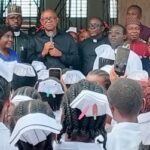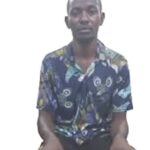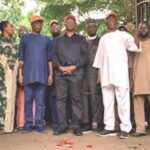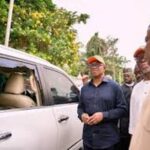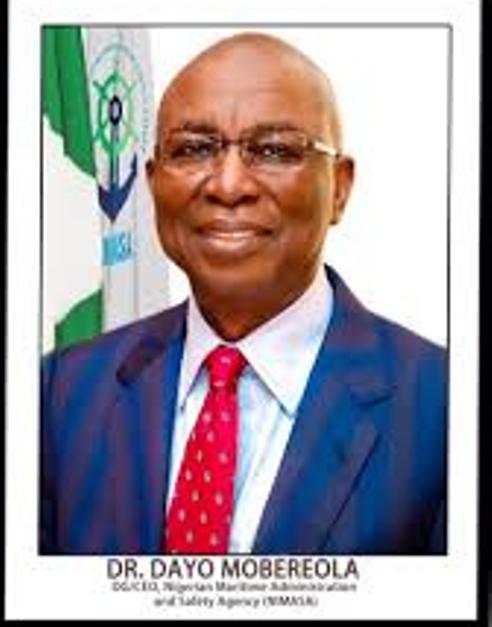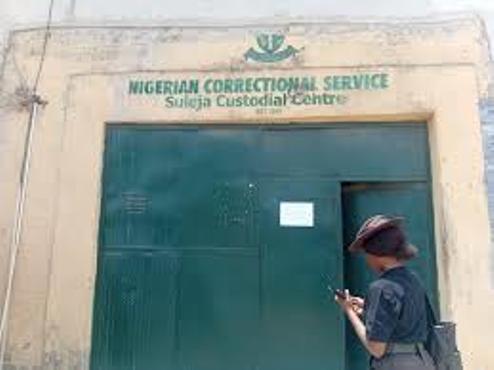
By Samuel Akpobome Orovwuje
‘Those who governed well did not arm, those who were armed well did not set up battle lines, those who set up battle lines well did not fight, those who fought well did not lose, and those who lost well did not perish’ – Zhuge Liang, 3d century.
The floodgate of campaigns and existential road maps to nothingness has returned to the media space, the balance of power and elite polarisation look increasingly similar to previous elections, stoking concern about the emergence of transformational leadership that we yearn for as a people. An inclusive political and electioneering campaign remains an elusive goal in Nigeria since 1999, which has a history of military interference in governance institutions, shaky and unstable elected governments.
Regrettably, the presidential candidates of the APC and the PDP are engaged in a desperate fight for their political life in an election, which is just a few months away, and in my view the conversation are shamefully and, glaringly bereft of well-articulated proposals and issues. So far, the political campaigns lack logic, research and indeed the core issues of governance and development paradigms using global governance index and benchmarks.
Further, the individual candidate’s lack of content and salesmanship calls for worry and above all, the tendentious statements and loathsome promises give a gleam prognosis of what Nigerians should expect in another four years!
Indeed national security and the welfare of citizens is the single most important issue facing Nigeria after corruption. Yet, it is the one issue on which you cannot find a sliver of difference between President Mohammadu Buhari (Next Level 2019?) and his opponent, Abubakar Atiku (Let get Nigeria to Work Again?), in selling themselves and their parties to the electorate. Furthermore, the claim by the ruling party to fight corruption from the tyranny of the PDP has not resonated in the campaign rhetoric of the APC. Whether that can only, be guaranteed, through legislative means or whether significant devolutionary or federal mechanisms, can be made, to work in Nigeria from 2019 should be subject of serious debate in this campaign.
Disappointingly, most political parties in the country stand their campaigns on empty promises of national public goods while avoiding issue- based programmatic policy proposals that appeal to the masses rather emphasis is place on voters’ ethnic identities, renting of crowd, distribution of non- programmatic benefits and deification of candidates that lacks the core of issues of governance and sustainable development . Furthermore, campaign strategies are woven along ethnic sentiments and elite personality cults, which at best serve their personal interest. The heavy- handedness of the Abuja warlords are triggers of violence and usurpation of the will of the people to finding credible leadership at all levels of governance across the country.
Curiously, citizen’s voice, within the corridors of power has been weak, constantly being subject to manipulations. One of the negative denominators of the episodic elections is lack of national identity template, the paradox of rebellious power mongers, disruptive, and ill-formed social media narratives and indeed fake lens of the electorates will blur the search for authentic leadership come 2019.
Sadly, in the middle of our current atmosphere of campaign presentism bias of strong, but weak men and lacking in honour and morality to do needful in political process engineering. In addition, extreme narrowing of governance perspective, it is not merely difficult but downright counterproductive to resist the existential panic by taking on primordial sentiments.
The recurring campaign metaphors and images reveal political fantasies for power and not for the common good as an ideology. This politics of gangsterism has always present, part of the twist and bark of political elite that are driven essentially by ego, greed and a myopic world view of authentic governance term of office.
Indeed, the flight of the imagination of our nation as an entity existing beyond actual individuals should constitutes campaign issues and policy direction for all presidential candidates in the forthcoming elections.
The campaign messages across political parties are morally repugnant particularly from the perspectives of the Fundamental Objectives and Directive Principles of State Policy as enshrined in the 1999 constitution, which deals essentially with the fundamental obligation of the government to its citizen. One of the major failing in Nigeria political engineering is the peddling of falsehoods with a view to drawing attention to its key officers at the national levels and the total lack of respect for electorates in my view is tantamount to weak spot on issue- based politics and credible alternatives. If our politicians openly and blatantly tell us lies, exaggerations and other falsehoods as part of their manipulation, should we allow such people to win elections and stay in government?
Name calling has becomes the order of the day and as we have seen many drama between the presidency on the one hand and the opposition party on the other hand raise some fundamental questions about the integrity of the practitioners in all the divide.
What is more, another major challenge confronting the Nigeria state is the unstable character of our political leaders. A nation that desires real transformation and development must look closely at recruitment patterns to party positions at the grassroots -through – to the state and at the national level. Political parties’ recruitments should take cognizance of political background, their organisational experience, educational, psycho- social well being and above all, value orientation of the individuals towards the common good.
Going forward, It is time we must move away from leadership ambush of the feudal and opportunistic influential that have held us down as a nation since independence and demand a clear perspective for a reverse leadership that can collectively define a Nigerian project independent of the current self- appointed emperors that are not working in the interest of the greater majority and the common person. Therefore, the two dominant parties populated by same political rascals should not diminish the narratives, the campaign thrust, reengineering process and turnaround efforts for a new Nigeria!
Therefore, a constant and constructive civic engagement through various non – state actor platforms like the traditional and new social media must be deployed constantly to set the agenda for the campaigns and national development.
Indeed, the turnaround plan envisaged for the nation for 2019 general elections and beyond must be set in cast stones to upturn the existential status quo of false national identity and slanderous campaigns slogans.
The new transformational leaders and the vigilant voters must significantly work upfront to ensure that Nigerians will actually listen to the tough messages of the moment, question old assumptions, and consider new ways of working to redeem our great country. This in my view means taking a series of deliberate but subtle steps to recast the Nigerians’ prevailing views and create a new context for action and deliverables, targets and measurable milestones. Otherwise, there is little hope for sustained improvement in nation- building efforts.
Pointedly, for the campaign to be meaningful, the discourse and debate on restructuring, devolution of power, globalisation, the welfare of citizens should be at the centre stage. It should be noted that the clear pathway for leadership recruitment particularly at the centre is drawing lessons from the global trends of competency, knowledge, integrity and millennial sagacity in carrying on with new reforms that are not blinded by the lens of primordial ties of corruption and incompetence of the feudal elites.
Lastly, it is about time Nigerians and indeed the electorates start demanding from politicians – political aspirants, their surrogates, functionaries and groups that at all times they must tell us the truth no matter how much it hurts or is unpleasant in the spirit of national development; and that we will hold them to account for their utterances, actions and inactions in serious matters of state and at constituency levels irrespective of party affiliations. Nigerians need the genuine support of the media to inform and educate us so that we can make informed decisions about public policy options. Therefore, the media should constantly hold itself as the watchdog over the government by upholding to a standard of uncommon independence and objectivity, however improperly, the traditional and social media can expose the truth behind the claims of the various aspirants.
Orovwuje, is founder, Humanitarian Care for Displaced Persons, Lagos.
Interrogating Presidential Candidates, False National Identity And Slanderous Campaigns
 Samuel Orovwuje
Samuel Orovwuje
